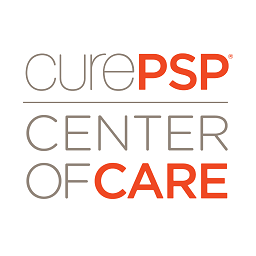
Corticobasal Degeneration

Corticobasal Degeneration Symptoms
Symptoms of corticobasal degeneration may begin on one side of the body and gradually spread to the other side. They may include:
- Abnormal muscle postures (dystonia)
- Absence or slowness of movement (akinesia)
- Lack of spontaneous movements (bradykinesia)
- Loss of ability to make familiar movements (apraxia)
- Muscular jerks (myoclonus)
- Rigidity
- Poor coordination
- Impaired balance (disequilibrium)
- Shakiness or tremor
- Visual-spatial impairment
- Inability to walk
- Behavioral and memory problems
- Hesitant and halting speech
- Difficulty swallowing (dysphagia)
Corticobasal Degeneration Treatments
There is no known treatment to slow the progression of corticobasal degeneration, but some medications, such as those used to treat Parkinson’s disease, may help relieve symptoms.
Physical, speech, and occupational therapies may help you manage disabilities caused by corticobasal degeneration.
Common Questions
How common is corticobasal degeneration?
Corticobasal degeneration is rare. It is believed to affect about five per 100,000 people in the general population.
Who gets corticobasal degeneration?
Corticobasal degeneration affects men and women equally. Symptoms usually begin after age 60.
How is corticobasal degeneration diagnosed?
Corticobasal degeneration may be difficult to diagnose because its symptoms mimic those of other neurological disorders, such as Parkinson’s disease and Alzheimer’s disease. Your doctor may use the following tests to diagnose cortiobasal degeneration:
- Neurological exam
- CT or MRI
- Electroencephalography (EEG)
- Lab tests




